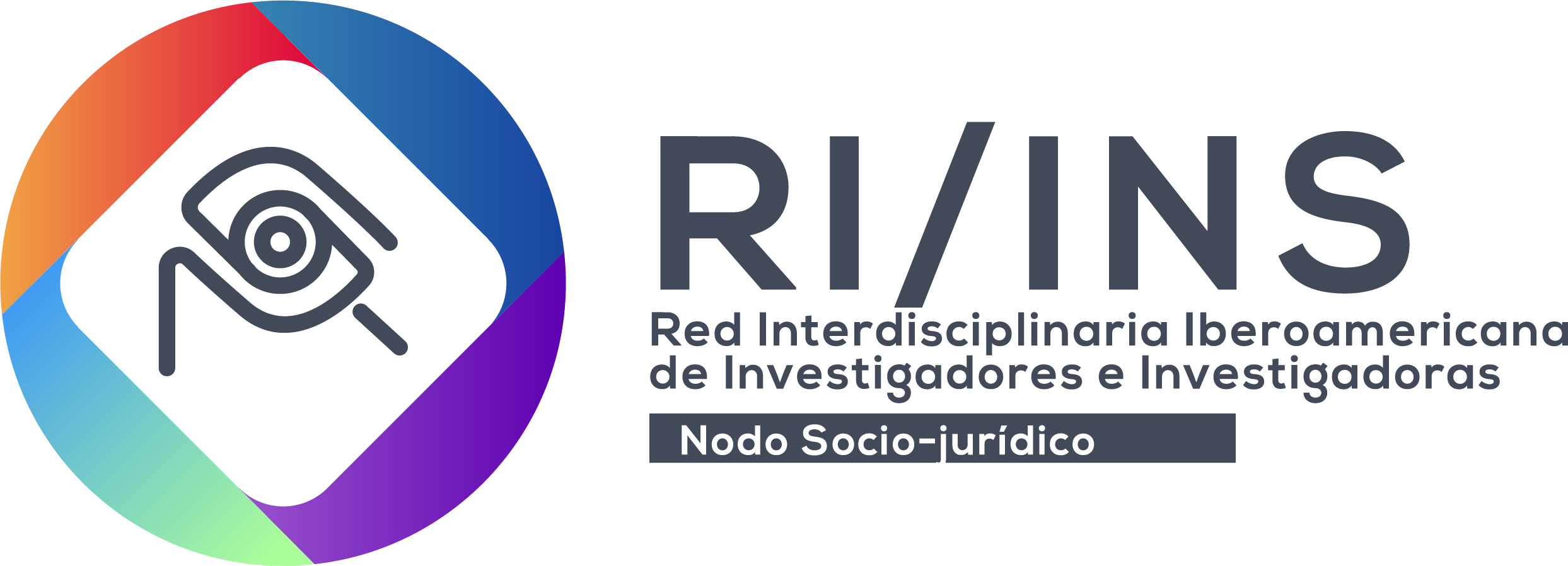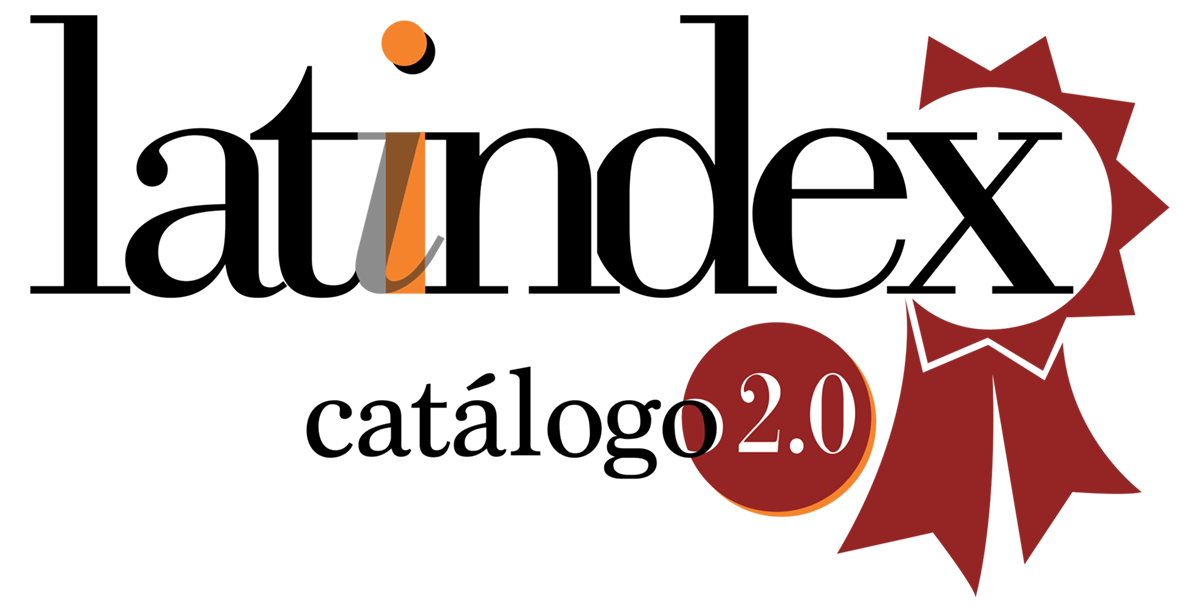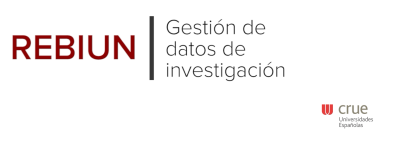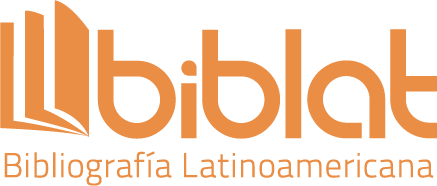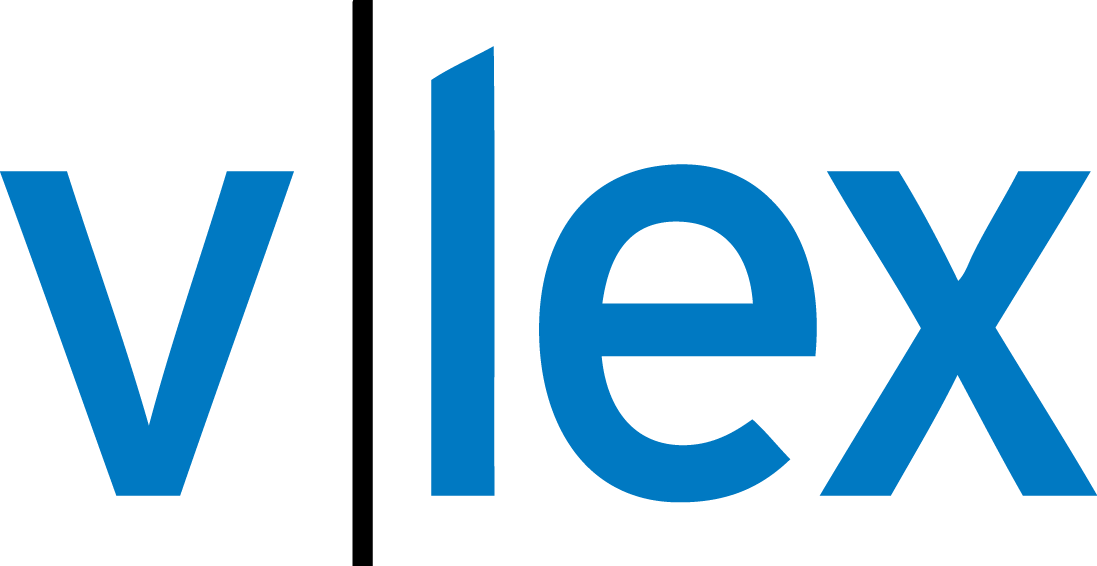The “click” generation: digital natives in higher education in nicaragua
DOI:
https://doi.org/10.62407/rces.v3i3.72Keywords:
Technology-assisted learning, digital literacy, click generation, online education, role of the teacher, digital nativesAbstract
The transition and educational evolution that online or distance education has had due to the high demand of the click generation can be defined as a tool to build our society in a more competitive way, which is why it has migrated to the study model. B-learning and e-learning taking into account the difficulties that most students and teachers have in terms of the economic, technological and social factor, therefore this modality allows providing a better quality of university services by its teachers as well as strategies for the implementation of the use and appropriation of Information and Communication Technologies-ICT to meet the global demands of digital natives. To do this, it is necessary to specify that it is not enough for people to have access to technologies, but they must also learn to use them effectively for learning, creativity, scientific, technological and cultural progress. ICT is a means to promote quality education and pedagogical innovation, which helps create learning spaces that meet the needs of new generations. That is why the click generation is defined as those who are knowledgeable and dominant in technologies, as well as their scientific development in the teaching-learning process assisted by technologies.
Downloads
References
Aguirre Aguilar, G. & Ruiz Méndez, M. (2012). Competencias digitales y docencia: una experiencia desde la práctica universitaria. Innovación educativa, 12(59), 121-141.
Battineni, G., Baldoni, S., Chintalapudi, N., Sagaro, G. G., Pallotta, G., Nittari, G., & Amenta, F. (2020). Factors affecting the quality and reliability of online health information. Digital Health, 6. https://doi.org/10.1177/2055207620948996
Bautista, G. (2006). Didáctica universitaria en entornos virtuales de enseñanza–aprendizaje. Narcea Ediciones.
Blanco, R. (2006). La equidad y la inclusión social: uno de los desafíos de la educación y la escuela hoy. Revista electrónica Iberoamericana sobre Calidad, Eficacia y Cambio en Educación, 4(3), 1-15.
Esteve Zarazaga, J. M., Vera Vila, J., & Franco Martínez, S. (1995). Los profesores ante el cambio social: repercusiones sobre la evolución de la salud de los profesores. https://dialnet.unirioja.es/servlet/libro?codigo=45840
Fan, M., Huang, Y., Qalati, S. A., Shah, S. M. M., Ostic, D., & Pu, Z. (2021). Effects of Informa- tion Overload, Communication Overload, and Inequality on Digital Distrust: A Cyber-Vi-olence Behavior Mechanism. Frontiers in Psychology, 12. https://www.frontiersin.org/arti-cles/10.3389/fpsyg.2021.643981
Krüger, K. (2006). El concepto de sociedad del conocimiento. Revista Bibliográfica de Geografía y Ciencias Sociales, 1 (683). http://www.ub.edu/geocrit/b3w-683.htm
Piscitelli, A. (2006). Nativos e inmigrantes digitales: ¿brecha generacional, brecha cognitiva, o las dos juntas y más aún? Revista mexicana de investigación educativa, 11(28), 179-185.
Prensky, M. (2001). Digital Natives, Digital Immigrants Part 2: Do They Really Think Differently? On the Horizon, 9(6), 1-6. https://doi.org/10.1108/10748120110424843
Poustis, G. (2009). Generación clic. Red Voltaire. https://www.voltairenet.org/article162245.html
Rifkin, J. (2010). La civilización empática. La carrera hacia una conciencia global del mundo en crisis. Editorial Paidós. 48(1), 193-195.
Sangeeta, M., Subburaj, A. & Indhu, S. (2021). Moderating effects of academic involvement in web-based learning management system success: A multigroup analysis. Heliyon 7. https://doi.org/10.1016/j.heliyon.2021.e07000
Siemens, G. (2004). Conectivismo: una teoría del aprendizaje para la era digital. Revista internacional de tecnología educativa y aprendizaje a distancia, 2(1), 3-10.
Túñez López, M., & Sixto García, J. (2012). Las redes sociales como entorno docente: análisis del uso de Facebook en la docencia universitaria. Pixel-Bit. Revista de Medios y Educación, 41, 77-81.
Velasteguí López, E. (2019). El avance tecnológico y su impacto en la educación inicial. Explorador Digital, 1(3), 5-16. https://doi.org/10.33262/exploradordigital.v1i1.314
Vygotsky, L. S. (2012). Thought and Language, revised and expanded edition. MIT Press.
Zhao, C., & Zhao, L. (2021). Digital Nativity, Computer Self-Efficacy, and Technology Adoption: A Study Among University Faculties in China. Frontiers in Psychology, 12. https://www.frontiersin.org/articles/10.3389/fpsyg.2021.746292
Downloads
Published
How to Cite
Issue
Section
License

This work is licensed under a Creative Commons Attribution-NonCommercial-ShareAlike 4.0 International License.


